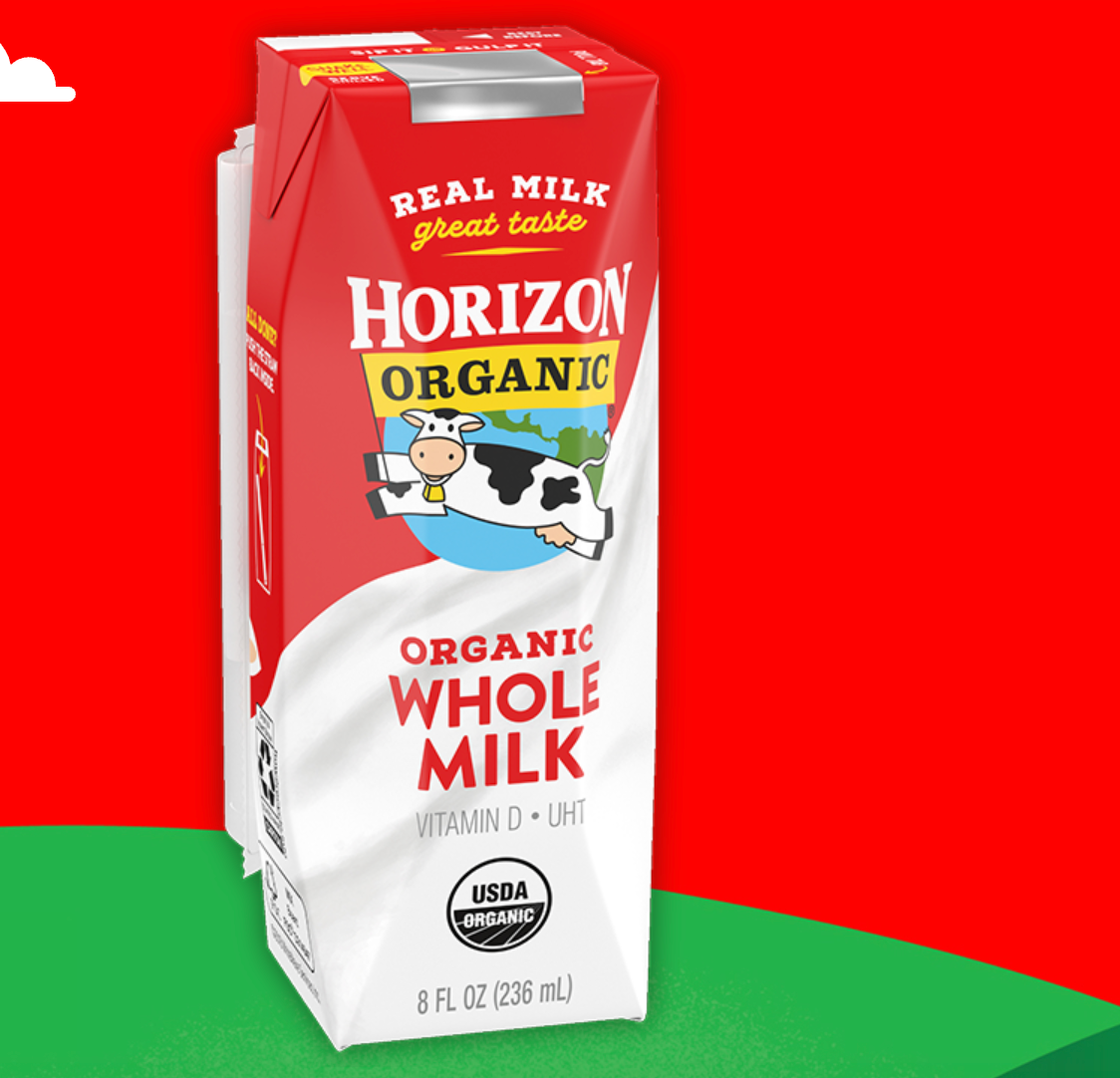This website uses cookies so that we can provide you with the best user experience possible. Cookie information is stored in your browser and performs functions such as recognising you when you return to our website and helping our team to understand which sections of the website you find most interesting and useful.
Your support helps us to tell the story
From reproductive rights to climate change to Big Tech, The Independent is on the ground when the story is developing. Whether it's investigating the financials of Elon Musk's pro-Trump PAC or producing our latest documentary, 'The A Word', which shines a light on the American women fighting for reproductive rights, we know how important it is to parse out the facts from the messaging.
At such a critical moment in US history, we need reporters on the ground. Your donation allows us to keep sending journalists to speak to both sides of the story.
The Independent is trusted by Americans across the entire political spectrum. And unlike many other quality news outlets, we choose not to lock Americans out of our reporting and analysis with paywalls. We believe quality journalism should be available to everyone, paid for by those who can afford it.
Your support makes all the difference.
Nearly 20,000 cases of milk have been recalled due to a potential for “premature spoilage.”
The U.S. Food and Drug Administration has recalled 19,688 cases of Horizon Organic Aseptic Plain Whole Milk, which has 12 eight-ounce bottles in each case. The recall, first initiated on December 13, 2024, was due to the potential for “premature product spoilage during shelf life.”
Although it didn’t initially have a classification date, it was ruled a Class II recall on January 17. According to the FDA, that classification is a “situation in which use of or exposure to a violative product may cause temporary or medically reversible adverse health consequences or where the probability of serious adverse health consequences is remote.”
The cases of the recalled milk had Best Before/By dates in March 2025. This includes 8,654 cases with a Best Before date of March 3, 7,385 cases with a date of March 4, 1,781 cases with a date of March 6, and 1, 868 cases with a date of March 7.
The 12-pack has the UPC number of 3663207113, while a single unit from the recalled milk has the UPC of 3663207127.
According to the FDA, the recalled product was only sold in three states: Arizona, California, and Nevada.

There’s already been a slew of food recalls issued in the U.S. in the first month of 2025. On January 21, D. Coluccio & Sons announced it was recalling its 300-gram packages of “Colussi Cantuccini Chocolate Drops” because they may contain undeclared almonds. This poses the risk of “serious or life-threatening allergic reactions” to consumers with tree nut allergies, per the FDA.
The recall was initiated after it “was discovered that the almond-containing product was distributed in packaging that did not reveal the presence of almonds.” A subsequent investigation indicated that this mistake was due to a “temporary breakdown in the company’s production and packaging processes.”
On January 20, the FDA also issued a recall on the curry-flavored Curvee Puffs Corn Puff Snack bags because they “contain undeclared milk.” The recall only applies to the 2.46-ounce bags of the Shirakiku brand snacks.
“People who have an allergy or severe sensitivity to milk run the risk of serious or life-threatening allergic reaction if they consume those products,” the FDA said.
Unexplained recalls were also on the rise in 2024. Last month, 2,023 cases of Great Value, Chicken Broth, sold in 48-ounce containers at Walmart, were recalled, due to the potential “for packaging failures that could compromise the sterility of the product, resulting in spoilage.” Although it didn’t initially have a classification, it was given a Class II recall on January 21.
In September, a popular macaroni and cheese brand, Reser’s Fine Foods, recalled two products sold across five states over concerns of potential bacteria contamination. The recall was issued over concerns that products had become spoiled due to “temperature abuse.”



 Africana55 Radio
Africana55 Radio 
